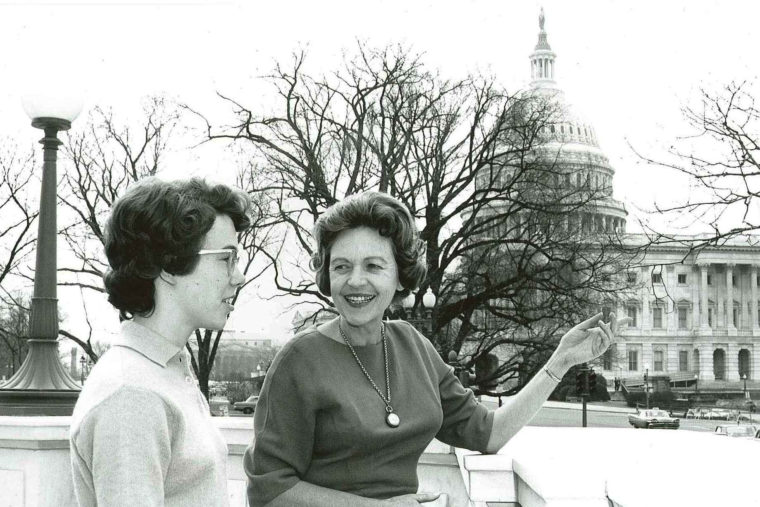Nowadays Sarah C.R. “Sally” Elgin would probably be referred to as gifted or talented. But in the 1950s, a really smart girl was obnoxious or a nerd.
“I come from a long line of nerds, and it’s not always a good social position to be in,” explained Elgin, the Viktor Hamburger Professor of Arts & Sciences at Washington University in St. Louis and founder of the forerunner to the university’s Institute for School Partnership.
Elgin, who plans to retire at the end of the academic year, paused to reflect on the lessons she has learned during her life in science.
“I have seen so many changes in my 40-plus years — not just advances in biology but advances in science education and higher education efforts to recruit scientists from all backgrounds,” Elgin said.
Growing up in Salem, Ore., Elgin knew early on that she wanted to be a scientist. In fourth grade, she started a zoo that featured insects in jars. But there wasn’t much science curriculum in her grade school. There were no lab facilities. Any curriculum was very much textbook-driven. In junior high, science was an elective. Her mother wanted her to take orchestra instead.
“She was very much into music,” Elgin said. “And there was only the one elective. My mom talked with the science teacher, and he said, ‘Well, we don’t do very much, so let her read the textbook. I ended up taking orchestra.”
But in 1957, the launch of Soviet Union satellite Sputnik changed her life and science education in the United States. Alarmed that American students were falling behind, the government tripled funding for the National Science Foundation to improve science education. Federal money flowed into schools for curriculum reform, teacher workshops and more. Elgin also benefited from having great high school teachers — teachers that encouraged her interest in science.
Elgin went on to earn a bachelor’s degree in chemistry from Pomona College in Claremont, Calif., in 1967. She earned a doctorate in biochemistry from the California Institute of Technology (Caltech) in 1972. Elgin eventually joined the Department of Biology at Washington University in 1981 and became a full professor in 1984.
In the late 1980s, she founded the Office of Science Outreach, which initially started as an informal science education partnership with her children’s school district in University City. It brought university science faculty into schools to provide students with interactive environmental science and genetics projects. That effort evolved into its present-day form, the Institute for School Partnership, led by Victoria L. May.
Read the full profile on the Institute for School Partnership site.
